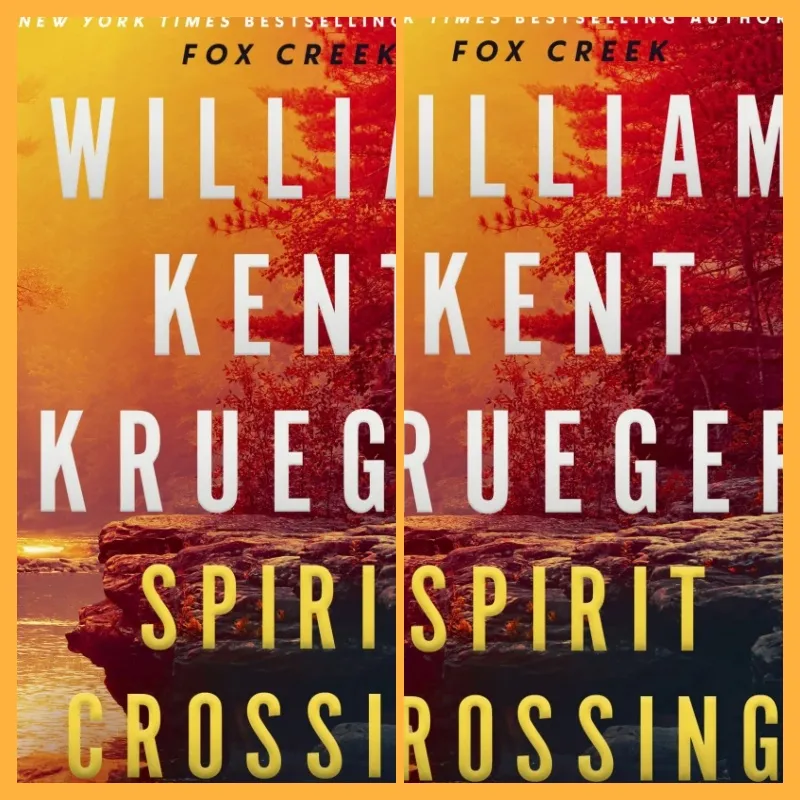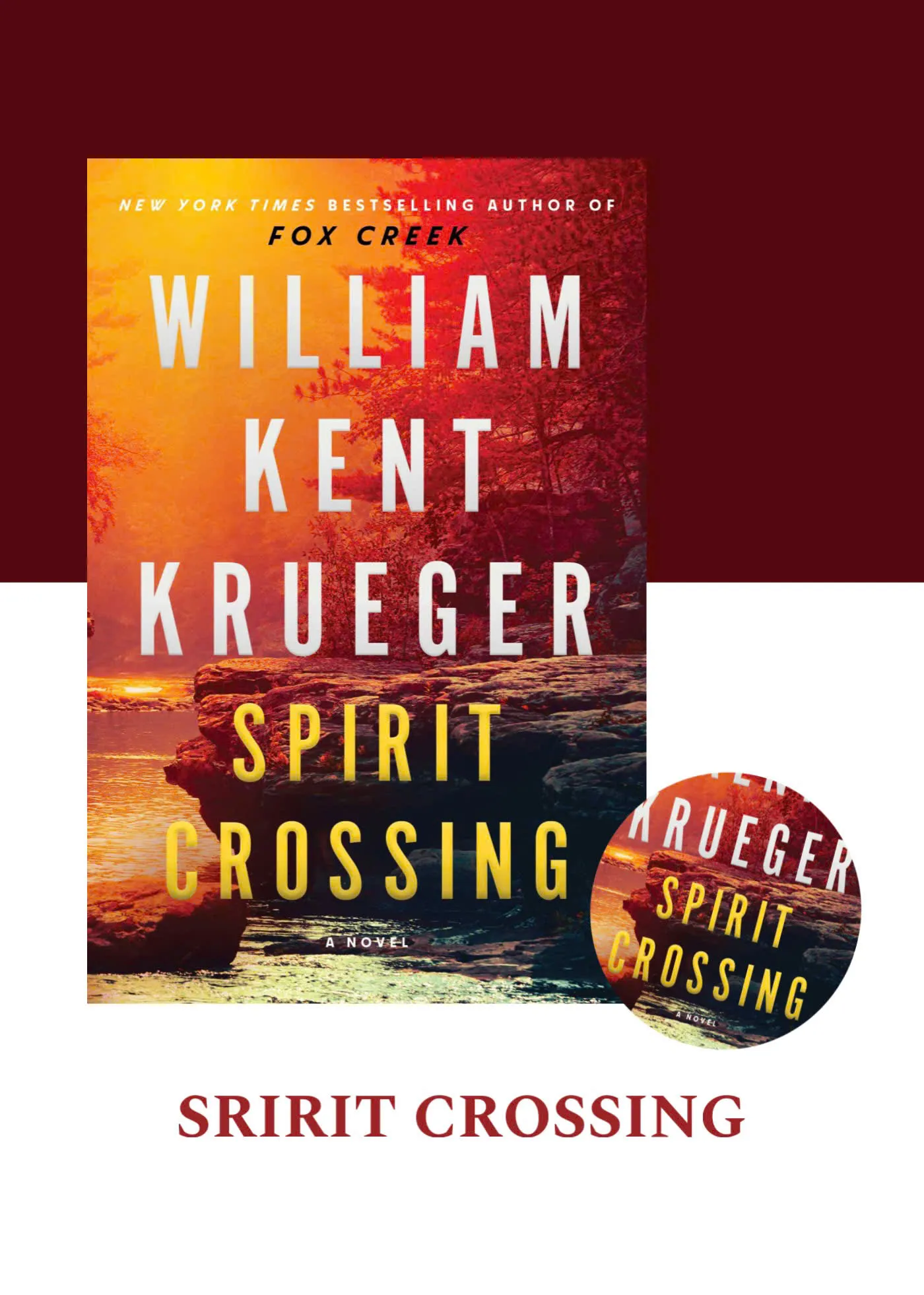
Book Review: A Retired Small-Town Cop Searches for Missing Girls in William Kent Krueger’s ‘Spirit Crossing’
In Spirit Crossing, William Kent Krueger delivers another compelling addition to his long-running Cork O’Connor series, weaving a mystery that delves into the dark realities of missing Native American women and the environmental conflicts surrounding pipeline construction in Minnesota’s Great North. This marks the 20th novel in the series, and Krueger continues to captivate with his richly drawn characters, intricate plots, and deep respect for Native American culture.

Cork O’Connor: A Man of Two Worlds
Cork O’Connor, once the police chief of Aurora, Minnesota, has settled into a quieter life, running a small fast-food place and spending time with his large family. But Cork, who is half Native American and deeply connected to his Ojibwe heritage, never strays too far from trouble. His wife, a full-blooded Ojibwe, and his mixed ancestry often place him in the center of the region’s cultural and social tensions. In Spirit Crossing, these tensions rise to the surface when a powerful politician’s daughter goes missing, drawing the attention of the FBI and state law enforcement.
A Mystery with High Stakes
The novel’s action kicks off when Cork, leading his family to a secret blueberry patch, stumbles upon a shallow grave. His grandson, Waaboo (Little Rabbit), hears the spirit of a sad girl calling to him, setting off a chilling investigation. The discovery of a Native American girl’s body initially attracts intense law enforcement attention, but when it becomes clear the victim is not the missing white girl, interest wanes, and Cork is pulled back into the fray.
Aurora’s current police chief, Marsha Dross, enlists Cork and the Iron Lake Ojibwe Tribal Police to continue the investigation. As more bodies of Native American girls are unearthed, Cork suspects a connection to the missing white girl and fears for his grandson’s safety when Waaboo’s visions make him a target.

Cultural Sensitivity and Environmental Themes
Krueger, though not Native American, handles the cultural aspects of the story with respect and authenticity. His portrayal of Native American traditions, beliefs, and the ongoing struggle against environmental degradation adds depth to the narrative. Spirit Crossing revisits Krueger’s recurring themes: the exploitation of natural resources for profit, the historical and ongoing mistreatment of Native Americans, and the often-overlooked crisis of missing Indigenous women and girls. The novel’s backdrop of pipeline protests against the sacred wetlands of Spirit Crossing adds urgency and relevance, reflecting real-world issues.
A Thoughtful and Thrilling Read
Krueger’s prose is as vivid and immersive as ever, painting a detailed picture of Minnesota’s north woods and its complex community dynamics. His characters, particularly Cork, are fully realized and relatable, grappling with personal loss, moral dilemmas, and the harsh realities of the world they inhabit. The author doesn’t shy away from tough subjects, instead offering a thoughtful exploration of the themes that have defined his work.
One of Cork’s relatives poignantly captures the essence of the novel: “To be an Indian is to walk with loss. It goes before us and it follows us. It is our shadow self.” This line encapsulates the novel’s exploration of grief, identity, and resilience.
Spirit Crossing is a gripping mystery that combines suspense with a profound examination of cultural and environmental issues. William Kent Krueger continues to deliver with his masterful storytelling, making this latest installment in the Cork O’Connor series a must-read for fans and newcomers alike. Whether you’re drawn in by the mystery, the rich cultural context, or the environmental themes, Spirit Crossing offers a powerful and engaging reading experience.






